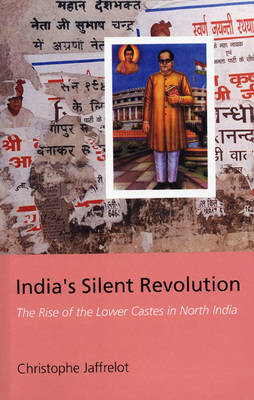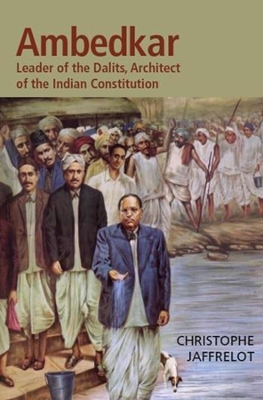The CERI Series in Comparative Politics and International Studies
2 total works
India has long been dominated by the upper castes, most notably the Brahmins and the warrior castes whose influence permeates society at every level. Since the 1960s a new assertiveness has characterized this formerly silenced majority (the lower castes comprise more than two-thirds of the Indian population). Its growing political consciousness was first epitomised by Charan Singh's efforts to build a peasant movement and then by the demand for job quotas for the low castes that V.P.Singh articulated in the late 1980s and early 1990s. Today, many official posts are "reserved" for "Other Backward Classes", namely the lower castes. India's most populous states, Uttar Pradesh is controlled by lower caste politicians, as is Bihar, and lower caste representation in national politics is growing inexorably. The author of this text argues that this trend constitutes a genuine "democratization" of India and that the social and economic effects of this "silent revolution" are bound to mutiply in the years to come.
Dr. Bhimrao Ramji Ambedkar (1891-1956) rose from a community of "untouchables," to become a major figure in modern Indian history. Christophe Jaffrelot's biography reconsiders Dr. Ambedkar's life and thought and his unique combination of pragmatism and idealism. Establishing himself as a scholar, activist, journalist, and educator, Ambedkar ultimately found himself immersed in Indian politics and helped to draft the nation's constitution as law minister in Nehru's first cabinet. Ambedkar's ideas remain an inspiration to India's Dalit community.

